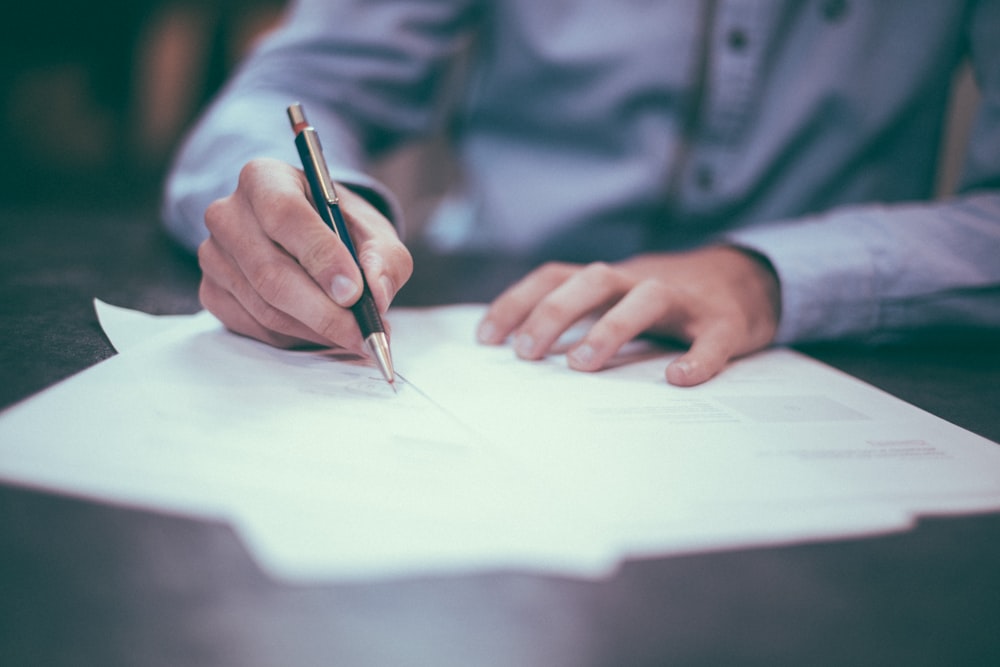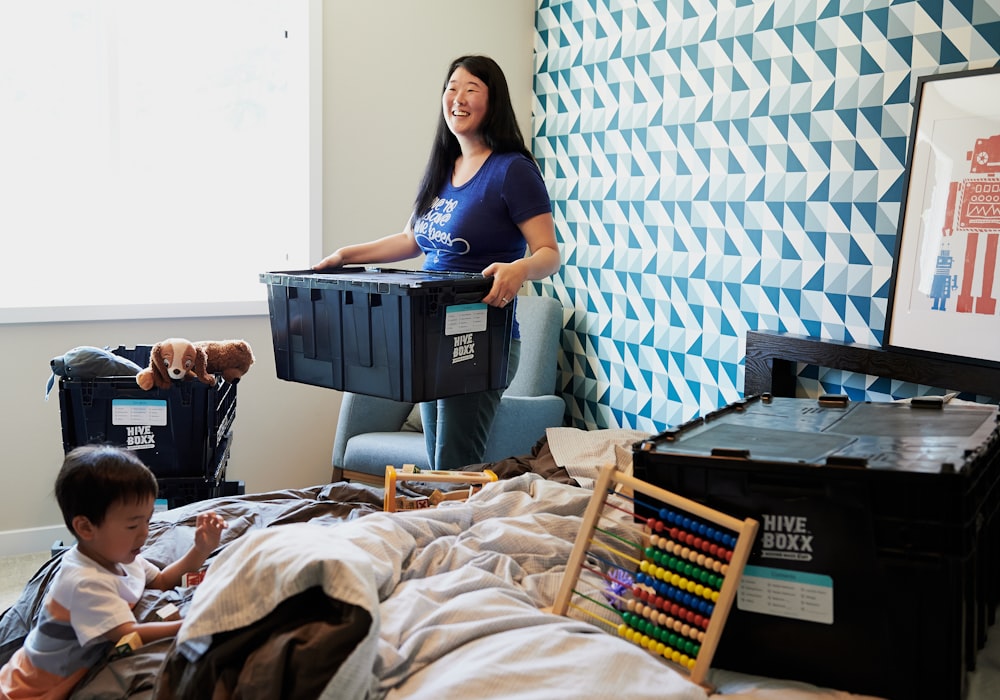Every tenant has to pay a security deposit before moving into a rental to help protect landlords from nightmare tenants that cause them to lose money. But if you’re a model tenant, you should get that money back when you move out. These tips will help you receive your security deposit when you leave your current rental.
1. Document Issues at Move-In
When you move in, you’ll usually get paperwork to fill out where you can detail any problems you find with your rental.
Be ruthless in marking down any scuff marks, scratches, holes in walls, nonfunctioning light switches, and any other problems with your apartment or house. Then, before signing and returning this paperwork to your landlord, make a copy or snap a picture of it. Take photos of the place as well. These will serve as your evidence in case there’s something that requires repairs when you move out.
2. Read the Fine Print
Read the fine print on your lease agreement carefully. You want to understand everything you’re agreeing to before you move in.

Pay attention to factors such as:
- How much notice you’re required to give before moving out, and if there are penalties for moving out on short notice
- When your landlord is required to return the deposit (most states require it within 30 days)
- The date your rent is due each month
- Any small repairs you’re expected to make yourself (such as lightbulb replacement)
3. Give Enough Notice
This can admittedly be a tough one. Even the most courteous people may need to move due to a job loss or family emergency. But, if at all possible, you want to give enough notice so your landlord has time to find a renter to replace you.
Usually, the required notice is in your lease agreement, so check that again to see whether your landlord expects six months’ notice or some other length of time. Your landlord may be entitled to keep your security deposit if you fail to give enough notice.
4. Don’t Leave Anything Behind
When you move out of your rental unit, it’s rude to leave your belongings (or garbage) behind. Left-behind items are the most common reason landlords withhold security deposits. Check the apartment, closets, storage units, and any place else before you go.

Leaving a place better than you found it is basic renter etiquette. Avoid going in a rush so you don’t accidentally forget to clean out a closet or leave space in your moving vehicle for that last piece or two of furniture.
5. Return the Keys
This may sound obvious, but don’t take the apartment keys with you when you move out. Check your lease agreement or ask the landlord directly what you should do with your keys, including any keys to storage rooms, garages, or mailboxes.
6. Be a Model Tenant
You’re more likely to recoup your entire security deposit if you’ve been a model tenant. Don’t make any changes to the apartment that your landlord doesn’t permit. Take precautions to avoid damage, such as by placing furniture sliders under couch and table legs and hanging pictures with removable sticky tabs instead of nails.
Again, following the terms of your lease is essential. For example, rental agreements may say you can’t do auto repairs in the garage, paint walls, allow another person to live there, or have pets.
7. Document With Photos
Take photos when you move into your apartment, as well as just before you move out. You should document anything that may have deteriorated during your time there. More importantly, you want to have photo proof (with dates) that everything is in equally good condition upon moving out as it was when you moved in.

8. Ask For a Move-Out Inspection
Ask for a walk-through with the rental agent or landlord before you move out. This way, you get to see the apartment with the person who decides whether you get your deposit back.
You can avoid any unfortunate surprises by doing a walk-through after you’ve moved out and cleaned. During the inspection, the landlord should tell you any damages they expect you to pay for and include those in writing in your final paperwork. You may even get a chance to fix damages you didn’t realize were there.
9. Clean Like a Pro
Often, people lose part or all of their security deposit simply because they left a rental dirty. You can avoid this by doing a professional-level job of cleaning your apartment before you go.
In particular, pay attention to areas like your kitchen and bathroom, where cooking or water damage is most likely to occur. Don’t just swipe a wet washcloth over everything and call it good. You need to clean stains on the countertops, scrub out the oven, and do those other pesky deep-cleaning tasks you’ve avoided.
Even if you’re a mediocre housekeeper, moving day is the time to give the extra effort and clean every nook and cranny of the place. That saves your landlord time and money, making them more likely to return your full deposit.
10. Leave a Forwarding Address
Of course, the landlord can’t get your security deposit to you if they don’t have your new address. So be sure to provide that when moving out. There may be a space on your move-out paperwork for you to write it, or you can simply call or email them to let them know where to send your security deposit refund.
Getting Your Security Deposit Back
Landlords are trying to make money, so it’s reasonable for them to expect you to pay for anything you’ve damaged during your stay. But if you’re careful to follow all of the rules and leave the rental unit in as good — or better — condition than the day you moved in, you can feel pretty confident you’ll get your full security deposit back.
